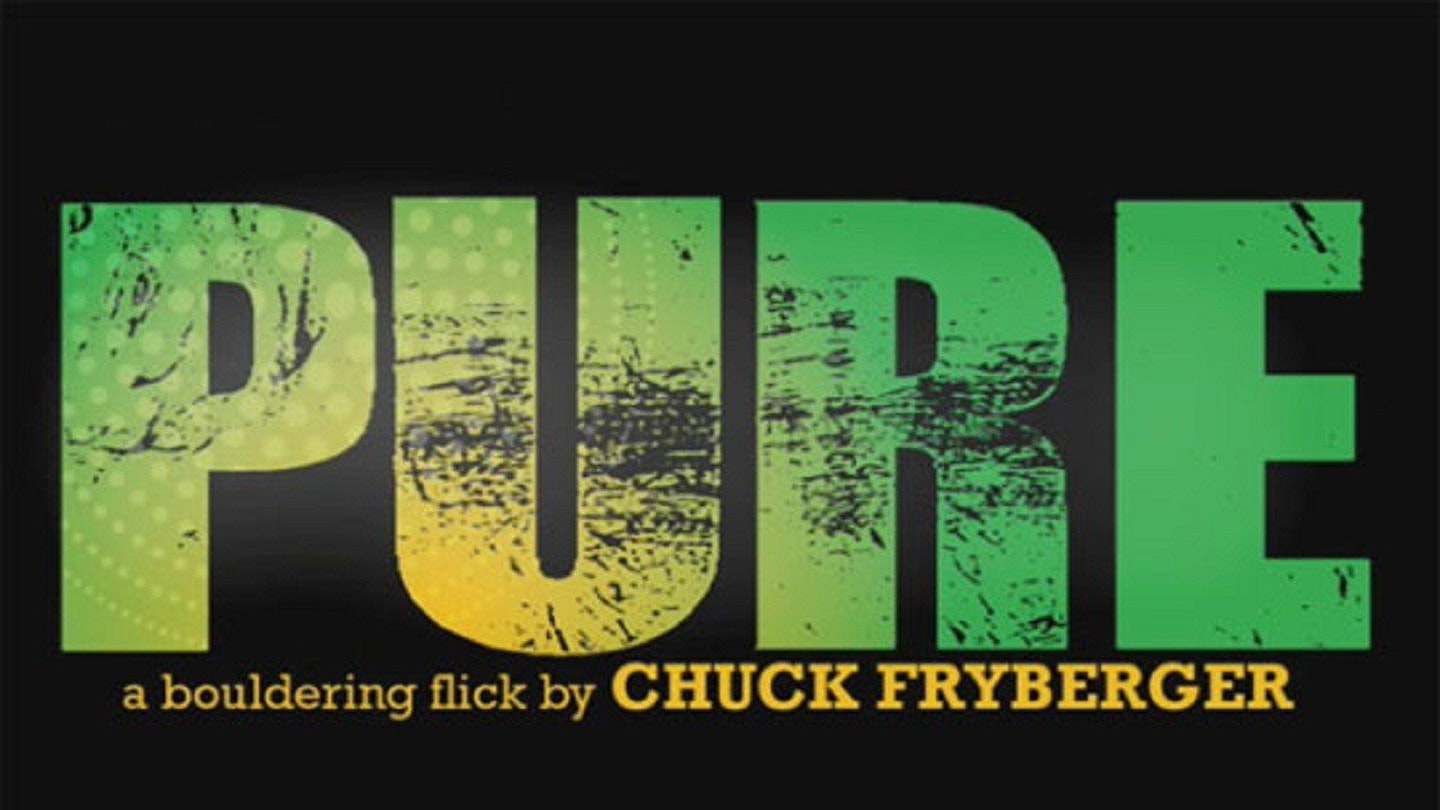Why is it that all but a hardened few groan when someone suggests going to see the latest 'gritty' British drama about drugs/the unemployed/poverty/ housing estates/dead-end jobs/all of the above? No-one volunteers to be preached at, especially in the comfort of an expensive cinema seat. But the fact of the matter is that films by Mike Leigh and Ken Loach are full of the quirky character comedy and indomitable human spirit that many films lack.
Criticisms about their films' cinematic strengths - we're talking in purely visual terms - might be closer to the mark, however. And that's where former art teacher and director of Pure, Gillies Mackinnon, has the advantage. From his early TV work (The Grass Arena), to critically-acclaimed features ('Small Faces', 'Regeneration'), Mackinnon has always had a strong eye for the image, and a better idea than his peers of how to use the camera and its mobility to reinforce the dramatic impact of the story.
That's just as true of his latest film, 'Pure'. The action plays out within a few square miles of London's East End, but the images stretch as wide as the screen can go. Whether it's the graffiti-covered steel shutters protecting cheap shops, or close-ups of a little kid's brave, knowing and kindly eyes, here is one director who realises that a picture is indeed worth a thousand words.
This, however, is simply the backdrop to the performances, all of which are superb. As the junkie mother struggling through cold turkey, Molly Parker is as selflessly committed as ever. There's also fine, understated work from David Wenham and Gary Lewis (as, respectively, drug dealer and determined cop), while Keira Knightley finds acting depths Bend It Like Beckham didn't explore.
But it's young Harry Eden who carries the film from beginning to end. He pulls the viewer into the emotion of the moment, creating a fully-rounded, wise, sad, loving character. It is simply one of the best performances by a child actor in the history of British cinema.
